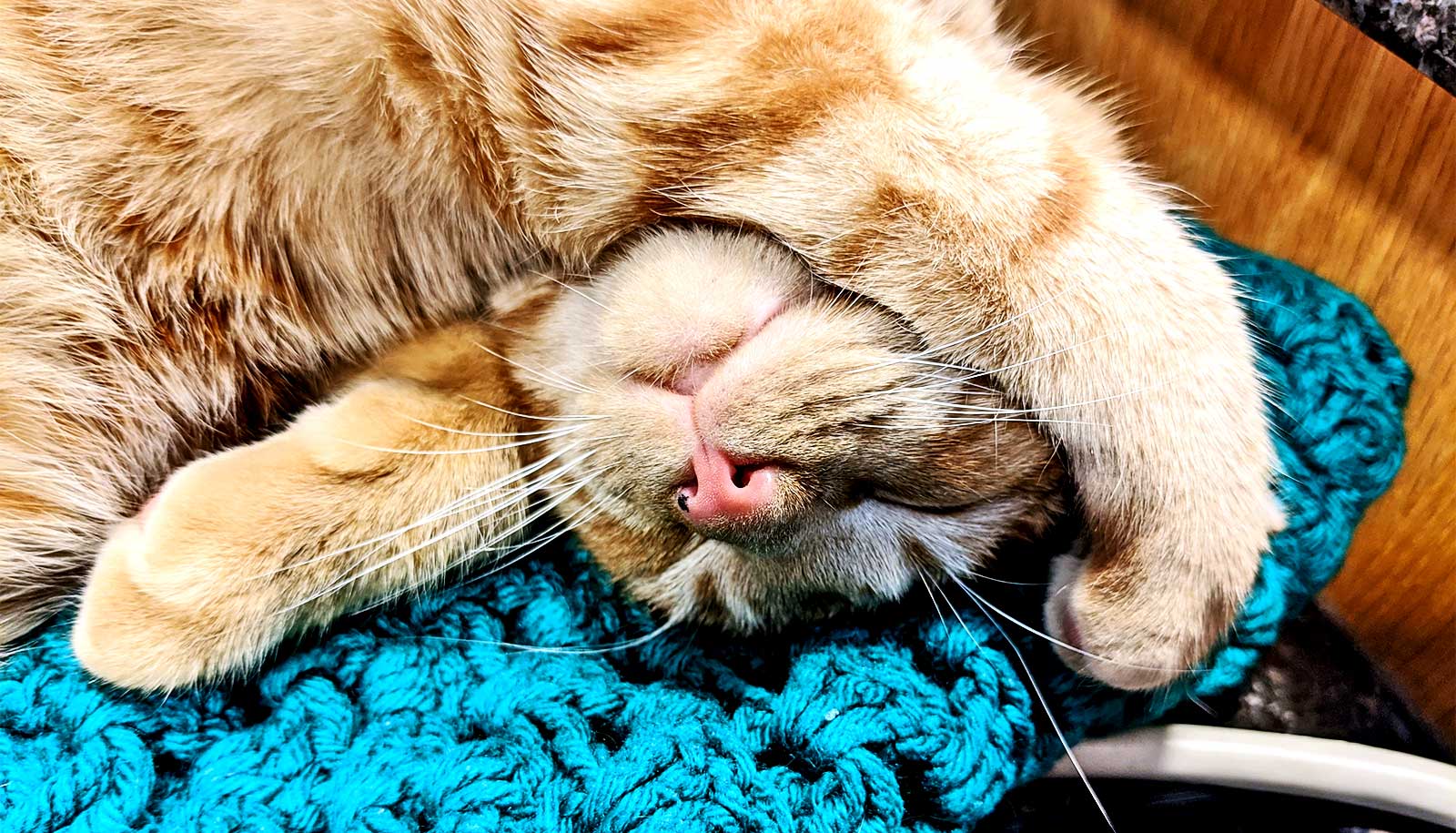We invest mental effort in a task in response to what we stand to gain, and in response to how much the outcome hinges on our performance, research finds.
For example, what makes a person decide to turn off the TV and switch on their brain to complete work for their job?
We tend to assume that the amount of mental effort a person invests in a task is influenced by the reward they stand to gain—so in this case, the effort results in a paycheck, and successful efforts could result in ego-pumping praise from a supervisor, a bonus, a promotion, or perhaps even a new, higher-paying job.
But what if the person doesn’t believe that their efforts matter, and the reward will be the same no matter how hard they try? How does that person decide how much effort to expend—if any at all?
In three related experiments, the researchers demonstrated that participants performed better on tasks when there was a bigger potential prize and when they felt like their efforts made a difference in earning that prize.
Importantly, the study also identifies the neural activity associated with this kind of decision process. The findings can help explain motivation as well as to figure out what’s going on when someone is lacking in it, the researchers say.
“This study sheds light on the neural circuits that drive motivation, which in turn help us learn more about why people may have trouble getting motivated, whether it be situational or chronic and due to depression or other disorders,” says Amitai Shenhav, study author and an assistant professor of cognitive, linguistic, and psychological sciences at Brown University.
“This work helps us answer bigger-picture questions such as how people perceive the incentives in their environment and how they determine that their efforts are worthwhile.”
Effort and performance
Previous research has shown that people often expend more effort on a task when it promises greater rewards. However, if the person thinks they’ll succeed or fail regardless of their efforts, they may decide not to invest the effort.
The research team put this theory to the test by having participants—all college students—perform a series of trials of a well-known psychological experiment called the Stroop task, which involves looking at words shown in different color ink and correctly naming the color of the ink even when it doesn’t match with the word (for example, RED printed in green ink).
As reported in Nature Communications, the researchers varied the difficulty of the task and the expectations of efficacy and reward. In high efficacy trials, participants were informed that fast, accurate responses would always be rewarded, while in low efficacy trials they were told that their performance would have no bearing on whether or not they would receive the rewards on offer (as long as they provided some response). Before each trial, participants were told whether they had the possibility of receiving a low ($.10) or high ($1.00) reward. In one of the experiments, the participants’ neural activity while they were performing the trials was measured using EEG data.
Will it matter if I try harder?
The trials were meant to emulate real-world decisions: While it’s sometimes easy to draw a straight line between how much work you put in and how much reward you’ll accrue (as with a quiz—studying increases the likelihood of success), there are many situations in which this association is less direct.
“For example, when applying to college or a new job, there are many factors that might affect success, and only some of them are within an applicant’s control,” says Romy Frömer, a postdoctoral research associate in Shenhav’s lab at Brown’s Carney Institute for Brain Science, and a lead author of the study. “When faced with all of these variables, we wondered: How do people decide the amount of effort to invest?”
Confirming the researchers’ predictions, the study finds that participants invested the most mental effort, and thus performed better at the task, when expecting reward and efficacy to be high.
The results also illuminate what was going on in the participants’ brains as they considered how much effort to invest. Researchers were able to identify the neural activity associated with first, how the participant evaluated both elements of their incentives (reward and efficacy), and then, how much effort they decided to invest.
“We saw that participants used these two variables to inform their decision about how hard they wanted to try on our task,” Frömer says. “Our work showed how all of that happened before the required action took place—before the person invested any cognitive effort.”
Frömer and Ivan Grahek, also a postdoctoral research associate in cognitive, linguistic, and psychological sciences, have followed up on this work by using EEG data to help explain how people learn about when their effort matters. This body of research contributes toward a better understanding of how people integrate their assumptions about efficacy into their decisions of how much effort to invest.
Hause Lin, a PhD student at the University of Toronto, is co-leader of the study. Support for the work came from the National Institute of General Medical Sciences, an Alfred P. Sloan Foundation Research Fellowship in Neuroscience, and the Natural Sciences and Engineering Research Council of Canada.
Source: Brown University



